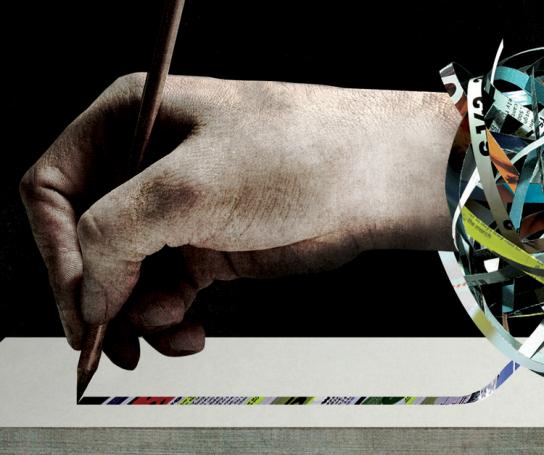Cry, Cry, and Try Again
No one likes rejection. It’s ego-bruising if not ego-crushing.
I remember when Clancy Cooper broke up with me to go out with a senior who had a moustache and a Trans Am (Stupid Smokey and the Bandit. Screw you, Burt Reynolds!). Sure, I cried myself to sleep for a week or two, but I didn’t stop dating after the rejection. Instead, I started going steady with Clancy’s best friend, Michelle (I always liked her more anyhow).
The moral of the story: Don’t let rejection stop you from fulfilling your dreams (and beware of guys with muscle cars).
A word of sage advice to new writers: You’re going to receive rejections. Get over it. Even the most successful writers received rejections. By now, everyone knows the stories of how J. K. Rowling’s first Harry Potter book was rejected by a dozen or more publishers and how Dan Brown’s mega-selling The Da Vinci Code was rejected like a hundred times. It eventually sold over 80 million copies worldwide. Assuming a combined sales of hardback, paperback, and audio books (not to mention the blockbuster motion pictures), both books earned over a billion dollars. I wonder how often those visionless publishers who rejected either book have nightmares about money flying out open windows.
My first novel, The Trap, was rejected about by thirty different publishers and almost as many agents. I recall a particularly harsh letter from an agent who said the book was poorly written and had no market appeal. Without mincing words, he told me not to quit my day job (as a professor of creative writing). But I didn’t let that stop me. In fact, I’d say the pile of rejection letters—most as impersonal form letters—convinced me more than ever to keep looking for the right editor who would love my novel.
Another piece of free advice: Don’t change your work because one editor/agent said they didn’t like this or that. Mark my words, as soon as you do, the very next editor/agent will say they don’t like the revision. I learned this the hard way. The editor-in-chief of a major commercial publishing house recently told me he thought an attempted rape scene in my newest novel would prevent the book from selling. Against my better judgment, I watered down the offending scene to an insipid PG version and sent it back to him. His email reply took a tone of affront, “How dare you suggest that I would reject a novel because of sexual content!”
Fickle is as fickle does, I say. (What rhymes with “Puck ewe”?)
Stick to your guns. Believe in your work.
What happened to my first novel, you ask? A week after that agent told me the book sucked and that it would never be published, I received a phone call from Kaylie Jones in New York at five in the morning (I lived in Anchorage, Alaska, four times zones away) telling me that The Trap had won the $10,000 James Jones Prize for the First Novel. Kaylie’s father, James Jones, was the author of such classics as From Here to Eternity and The Thin Red Line. She said my novel had beat out over 800 other novels submitted that year. Rick Bass had received the award a couple years earlier for his first novel. David Nightingale, one of the longtime judges, later told me that The Trap was the strongest novel ever received in the history of the prize.
A couple months later, Henry Holt bought the book, which was also published by Macmillan and by Random House in the UK and Australia. The novel won numerous awards, and one major review called it a masterpiece. I even sold the movie option. The book has since been translated into other languages, and it was recently listed as one of the 101 greatest novels to teach the English language worldwide. I wonder if that unkind agent ever saw any of the accolades the book garnered. I wonder if he was able to rationalize his scathing comments. I wonder how he got his job in the first place. These are the things I ponder every time I cash a royalty check. Maybe beauty really is in the eye of the beholder. Maybe he was just mean and over-worked.
But The Trap is in good company. J. D. Salinger had a hard time finding a publisher for The Catcher in the Rye back in 1950. Try as he may, my late friend, Chinua Achebe, couldn’t find a publisher for his novel Things Fall Apart. Agents and editors said there was no market for it. Since its eventual publication in 1958, the book has sold over eight million copies in many languages around the world.
You could do worse.
Illustration by Anthony Tremmaglia, an Ottawa-based illustrator, artist, and educator. His clients include WIRED, Scientific American, Smart Money, HOW, and San Francisco Weekly.
Recommended
Nor’easter
Post-Op Appointment With My Father
Cedar Valley Youth Poet Laureate | Fall 2024 Workshop






